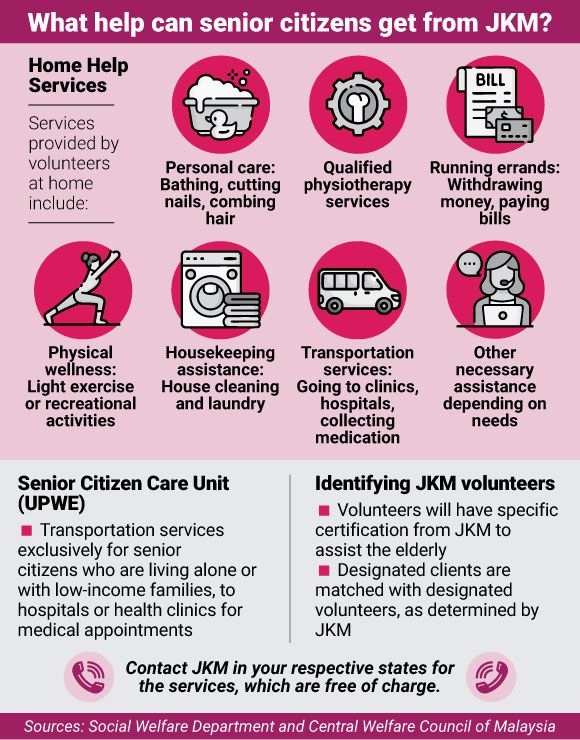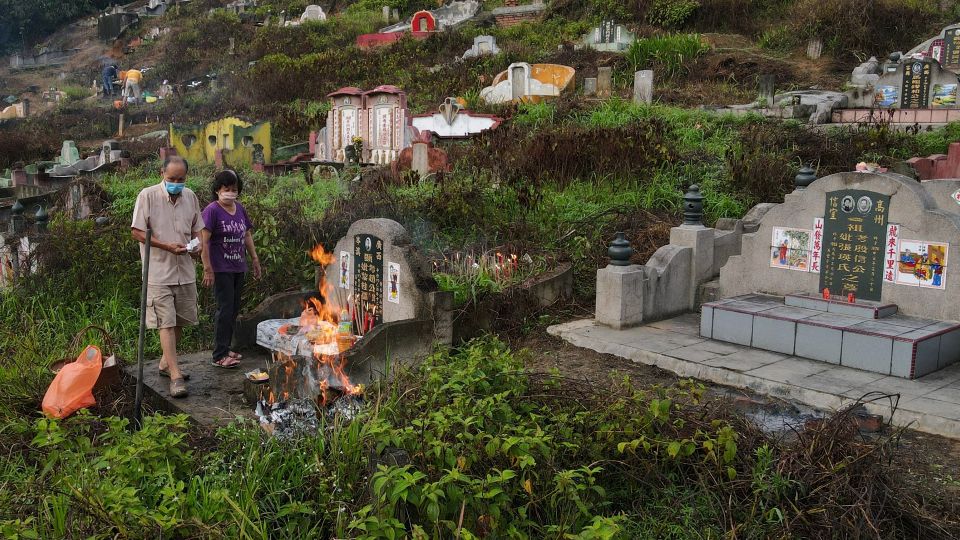August 5, 2025
PETALING JAYA – Amid a growing demand for elder care, a government initiative that aims to fill the gap for elderly Malaysians living alone confronts a significant hurdle: a shortage of volunteers.
The Women, Family and Community Development Ministry, through its Welfare Department, has launched the Home Help Services Programme (KBDR) in partnership with NGOs to provide essential support for the elderly.
Additionally, the Senior Citizen Care Unit (UPWE) provides transport for health treatments.
ALSO READ: Train full-time, skilled caregivers, urge experts
Deputy Minister Datuk Seri Noraini Ahmad said in a Parliament written reply on July 29 that the initiative aims to aid these individuals in their daily lives.
“It involves volunteers regularly visiting to provide companionship, prepare meals and help with household chores,” she said.
For those capable of independent living, she said participation in community and institutional activities is encouraged.
However, while the initiative is commendable in its mission to assist senior citizens, awareness of such outreach programmes remains limited.
This lack of visibility, coupled with challenges in recruiting enough volunteers, hampers efforts to provide essential care for the elderly and disabled.

GRAPHICS: THE STAR
As Malaysia approaches an ageing society, the demand for volunteers becomes increasingly urgent and remains unmet.
The Social Welfare Department (JKM) initiatives encompass a range of services, from personal grooming to medication management and transportation to medical appointments.
However, securing volunteers is a significant hurdle, as noted by Datuk Mastika Junaidah Husin of the Central Welfare Council of Malaysia, who helped establish the programme in 2015.
JKM conducts inspections three times a year and outsources the KBDR to organisations like the Central Welfare Council of Malaysia.
Currently, the council has about 1,000 volunteers serving 5,000 clients, but securing volunteers and funds remains a primary challenge.
“Volunteers are recruited through the Council’s district committees, interviewed and are required to sign an agreement.
“They receive training and must submit weekly reports to qualify for an allowance,” said Mastika Junaidah in an interview yesterday.
The list of clients is provided by JKM and local communities.
Mastika Junaidah said many organisations end up paying out of their own pockets to keep the programme going.
“This is not a charity. It is a social outreach programme to build connections and care for the elderly and disabled, especially those who are living alone,” she said, adding that volunteers have to visit their clients for two hours weekly.
The volunteers, who have four clients each and are paid an allowance of RM400, often share a special bond with those they are responsible for after having spent so much time together.
The council, said Mastika Junaidah, also provides free transportation for the elderly and disabled to get to a hospital or clinic.
The UPWE now has 11 vans servicing Perlis, Kedah, Pahang, Kelanan, Penang, Melaka, Johor, Terengganu, Perak and Selangor.
UPWE supervisor Abd Shukor Mohd Kassim from the Council’s Perlis centre said most of the volunteers signed up because of awareness campaigns.
“The volunteer drivers, who provide service for some 40 clients, are given an allowance to ferry these individuals to the clinic or hospital and they must wait until everyone is done,” he said.
Full-time caregiver Siti Shahrosamirah Shaharman, 40, from Negri Sembilan, said the PKBR and UPWE are “good and necessary” because volunteers are helping to make life a little easier and to provide mental health support for their clients.
Siti Shahrosamirah, however, said the initiatives must be implemented properly and expanded as there are many in need for such services.

